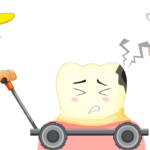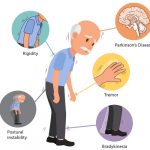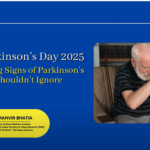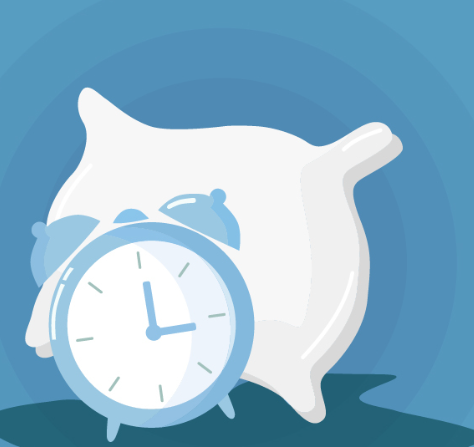By Dr.Manvir Bhatia & Aanya-20th September 2023

What to do when choking on saliva while sleeping
If any object blocks the respiratory tract and impedes breathing, then it is termed choking. It is quite distressing if this phenomenon occurs in between sleep. Choking in sleep often causes one to gasp for air or choke on saliva and wake up.
Choking in sleep can be very frightening and a potentially dangerous experience. There are various causes contributing to this and it is very important to identify the root cause to address the issue. Here are a few factors that can lead to choking in sleep:
Obstructive Sleep Apnoea :
OSA is one of the most common causes of choking during sleep. It occurs when the muscles in the throat relax excessively during sleep, causing a temporary blockage of the airway. In this, the soft tissue in the neck collapses. This obstructs the airflow in the body as the air is not able to reach the lungs properly. This can lead to choking, gasping, or snorting as the person wakes briefly to resume normal breathing.
Gastroesophageal Reflux Disease (GRED):
GERD is a condition where stomach acid flows back into the esophagus. This can cause irritation and inflammation in the throat, leading to choking sensations or coughing during sleep.
Sleep-Related Laryngospasm:
Laryngospasm is a sudden and involuntary closure of the vocal cords, which can lead to choking and difficulty in breathing. It can be triggered by various factors, including acid reflux, cold air, or irritants in the airway.
Allergies or Respiratory Infections:
Allergies or respiratory infections can cause excess mucus production and nasal congestion, leading to difficulty breathing and choking during sleep.
Sleep-Related Eating Disorders:
Some individuals may engage in eating in between sleep without being aware of it. They may choke on food or suffer from other related issues, such as aspiration (inhaling food or fluids into the airway). Additionally, alcohol and recreational drugs can impair muscle function and increase the likelihood of choking.
Structural Abnormalities:
Anatomical issues in the throat or airway, such as enlarged tonsils or a deviated septum, can obstruct the airway during sleep and lead to choking.
Foreign objects:
In rare cases, foreign objects or particles can enter the airway during sleep, causing choking. This is more common in children.
Anxiety or Stress:
High levels of stress or anxiety can lead to muscle tension, including the throat muscles, which can result in choking episodes during sleep.
Neurological Conditions:
Certain neurological conditions, such as seizures or strokes, can affect the brain’s control over the muscles involved in breathing and swallowing, increasing the risk of choking during sleep.
It is very important to consult a healthcare professional to find the exact cause behind this condition and its effective treatment. However, there are various lifestyle modifications that can improve this condition. These include:
- Elevate the height of the bed towards the head. Sleeping with the upper body elevated can help reduce the risk of choking associated with GERD.
- Try to avoid alcohol and other sedatives as they relax the muscles. In addition, maintain a healthy weight through diet and exercise as obesity is a major cause of OSA.
- It is also very important to figure out your optimal sleep position. For some people, sleeping on their sides is more beneficial than sleeping on their backs to prevent choking.
- Also, it is very important to address stress and anxiety to maintain one’s mental health. If required, physicians also suggest the use of dental devices and surgical interventions to deal with the anatomical abnormalities responsible for choking in sleep.
If an individual is experiencing choking episodes during sleep, it is crucial to consult a healthcare professional for a proper evaluation and diagnosis. Treatment options may include lifestyle changes, positional therapy, medication, or surgical interventions, depending on the underlying cause. Addressing the specific cause of choking during sleep is essential for improving sleep quality and overall health.
References:
Davis, K. A., Cantor, C., Maus, D., & Herman, S. T. (2008). A neurological cause of recurrent choking during sleep. Journal of Clinical Sleep Medicine: JCSM : official publication of the American Academy of Sleep Medicine, 4(6), 586–587.











